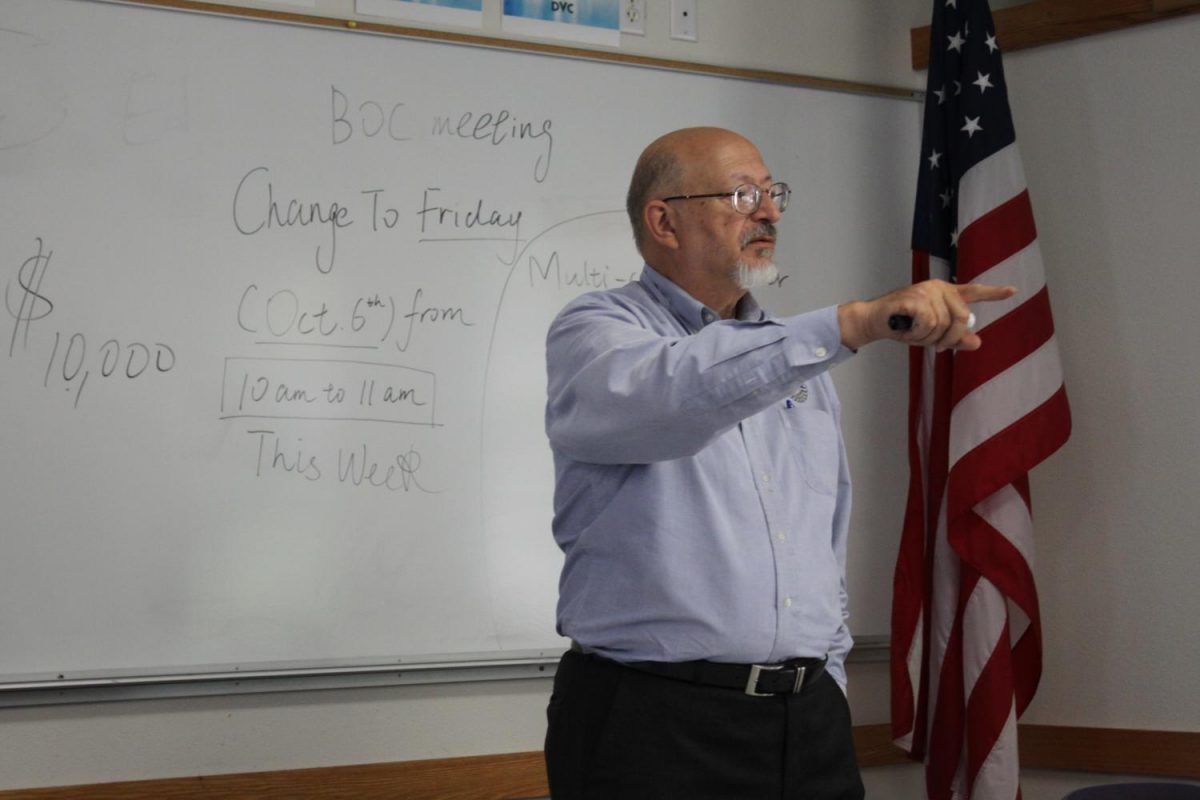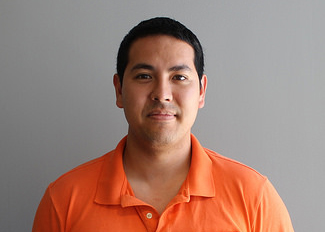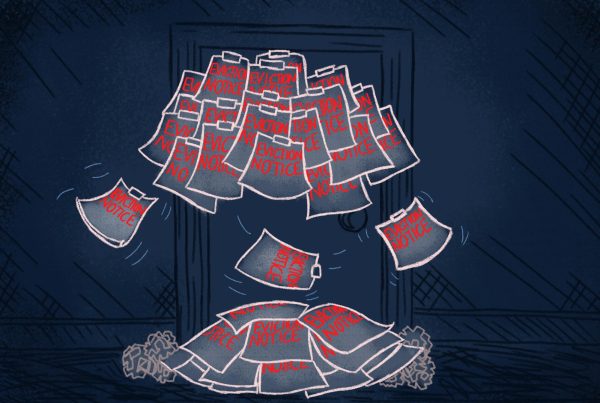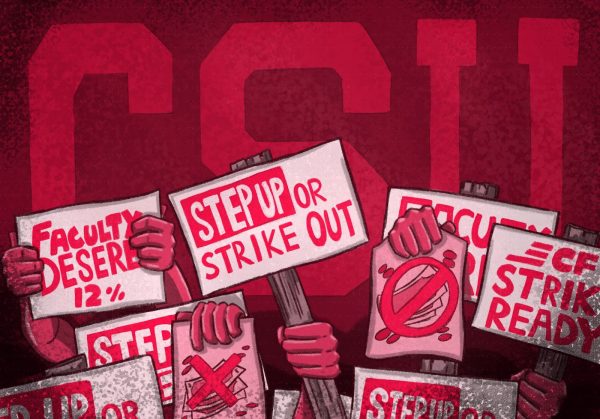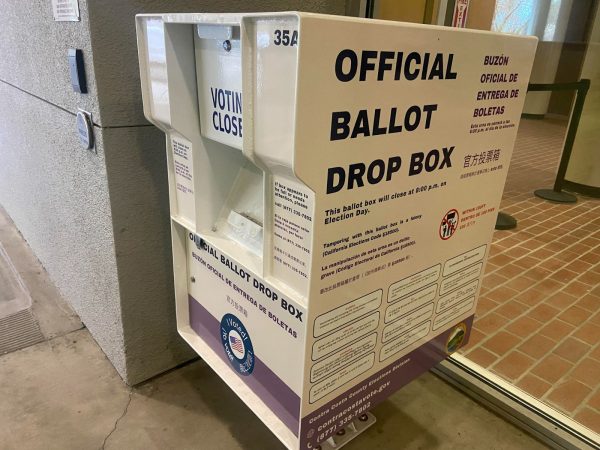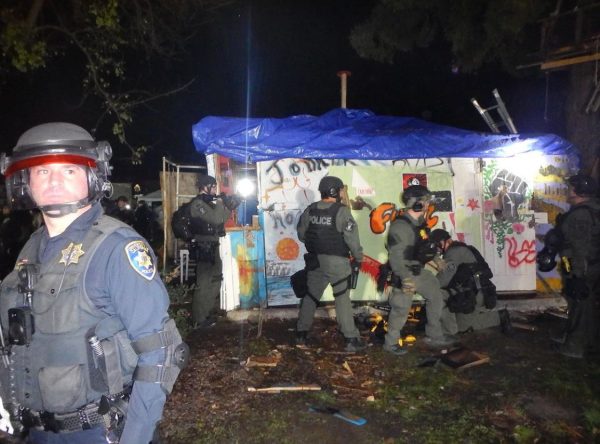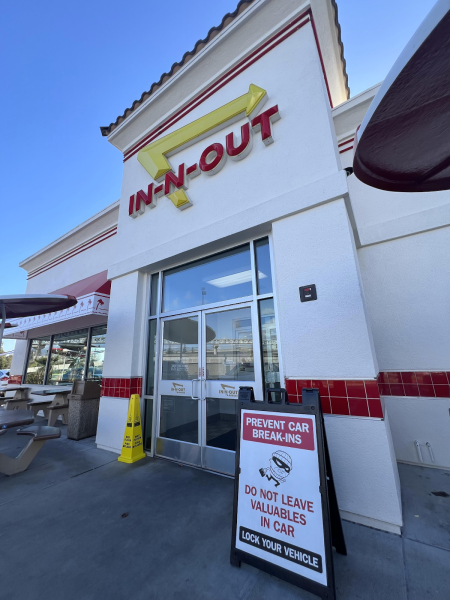Concord Vice Mayor presents dirty secrets of politics
Concord Vice Mayor Edi Birsan talks about “the dirty secrets of politics” during a Brown Bag workshop at the student union on Oct. 5, 2017.
October 8, 2017
Concord Vice Mayor Edi Birsan’s advice was blunt; politicians are either listening to you or they are listening to someone else.
This was the core tenet of his “dirty secrets of politics” workshop about how local elections work during the Oct. 5 Brown Bag Workshop in the Student Union.
According to Birsan, the first dirty secret for local elections is knowing who shows up to elections. Once you know who shows up you know who matters because the people who show up are the ones who will actually vote.
“The people who show up call the shots,” said Birsan. “Silence never moved a politician.”
Birsan’s next dirty secret was that money equals votes.
Birsan stressed that something as simple as producing leaflets and fliers for why people should vote for a certain candidate costs money. For example, if you have 20,000 mailers you need to send out, and each mailer costs 50 cents, your cost to send out one round of mailers is $10,000.
Because reaching voters costs money, politicians are selective with who they target. Do they want to send fliers to people who are more likely to vote or less likely to vote?
The third dirty secret was that when it comes to local elections most people are not voting on issues; they are voting on emotions, so candidates focus on likability and name recognition.
Birsan also spoke about why people initially get into politics.
According to him, people get involved because they are angry about what is being done and want to change it. To him, nobody starts in politics for money, but it can potentially become a factor later on.
When discussing campaigning Birsan explained a politician’s formula as this: face to face beats money, and money beats silence.
Writing via email Birsan elaborated saying, “in a campaign when you are face to face with a potential voter it is the best possible chance to get someone to vote for you. Second to that is the spending of money on direct mail pieces or signs or media. Money purchase of outreach is better than silence or no outreach at all.”
Aside from being invited by student life manager Todd Farr to talk to students, Birsan was motivated to close the gap between government and citizens by making himself more accessible. He wants to see citizens take greater involvement in government because he does not like the way things are going now.
Despite Birsan’s interesting insights only six people attended the workshop.
For Yuri Sushita, a 19-year-old nursing major, although the talk was interesting she was there to get the extra credit available for attending the workshop.
For Gerardo De La Torre, a computer engineering major, the workshop was an inspiration for how to effect change.
He learned that anyone can complain about a problem but it is what you do after, the constructive solutions you offer, that matters.
He also felt Birsan showed the audience that if you want change, you can will it yourself but you cannot do it passively or give minimal effort, you must face the challenge head on.
DVC’s Brown Bag workshops will continue every Thursday from 12:30 p.m. to 1:30 p.m. in Student Union room 204 until Nov. 16.
The next workshop will be Oct. 12 and will teach about the financial aid process and what students can receive.





































































